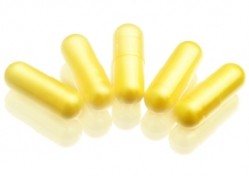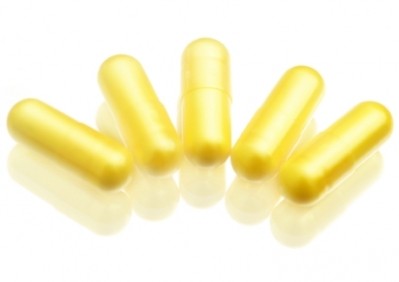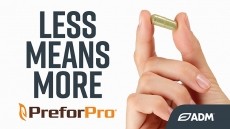High-dose vitamin D hold no benefit over lower doses for MS: Study

The study published in Neurology, reports that giving MS patients high doses – 6000 international units (IU) – of vitamin D may not offer any more protection against relapses than those who take low doses (1000IU) of the sunshine vitamin.
"We did not find added benefit from high-dose vitamin D over and above ongoing low-dose vitamin D supplementation, but these results need to be confirmed with larger studies," said Dr Mark Stein, of The Royal Melbourne Hospital and The Walter and Eliza Hall Institute of Medical Research in Parkville, Australia.
"We are not saying vitamin D doesn't work, but if it does, there appears no benefit of high over low,” said Stein, who added that although no evidence of benefit was found in the current study, “it doesn't mean there isn't a benefit."
Study details
The six-month study involved 23 people with the relapsing-remitting form of multiple sclerosis.
All participants received low-dose vitamin D (of 1,000 IU) to prevent vitamin D deficiency. Half of the participants also received a high-dose vitamin D2 supplement (6000 IU) to elevate their serum 25-hydroxyvitamin D level to levels, whilst the other half received a placebo high-dose supplement.
MRI scans of the participants' brains were performed at the start of the study and again after four, five and six months.
Stein and his team reported that there was no significant difference between the two groups in the number of new abnormalities that had formed in the brain after six months, and found no significant difference in the change in the total volume of brain abnormalities.
They reported that 37% (four out of 11) of people taking the high-dose vitamin D had a relapse where their MS symptoms worsened during the study, while none of the 12 taking only low-dose vitamin D had any relapses.
However the researchers noted that due to the small number of participants in their study the finding that higher doses may lead to more relapses is cast in doubt.
Stein also said that the study only involved people who suffered from MS for an average of six years: "It's possible that studies of high-dose vitamin D at an earlier stage of MS may lead to different results," he speculated.
Source: Neurology
Volume 77, Number 17, Pages 1611-1618, doi: 10.1212/WNL.0b013e3182343274
“A randomized trial of high-dose vitamin D2 in relapsing-remitting multiple sclerosis”
Authors: M.S. Stein, Y. Liu, O.M. Gray, J.E. Baker, S.C. Kolbe, M.R. Ditchfield, et al















